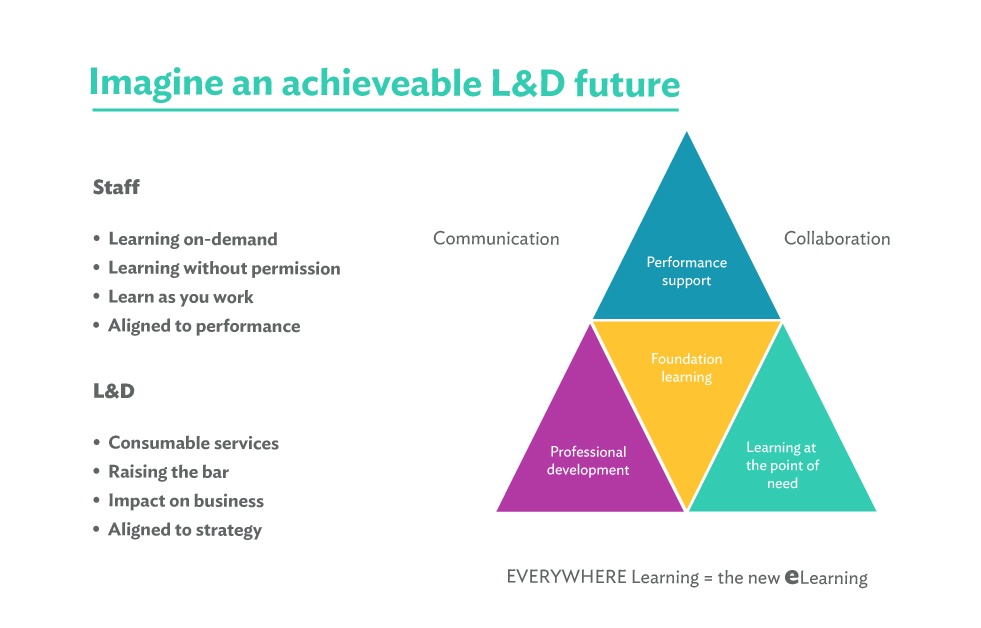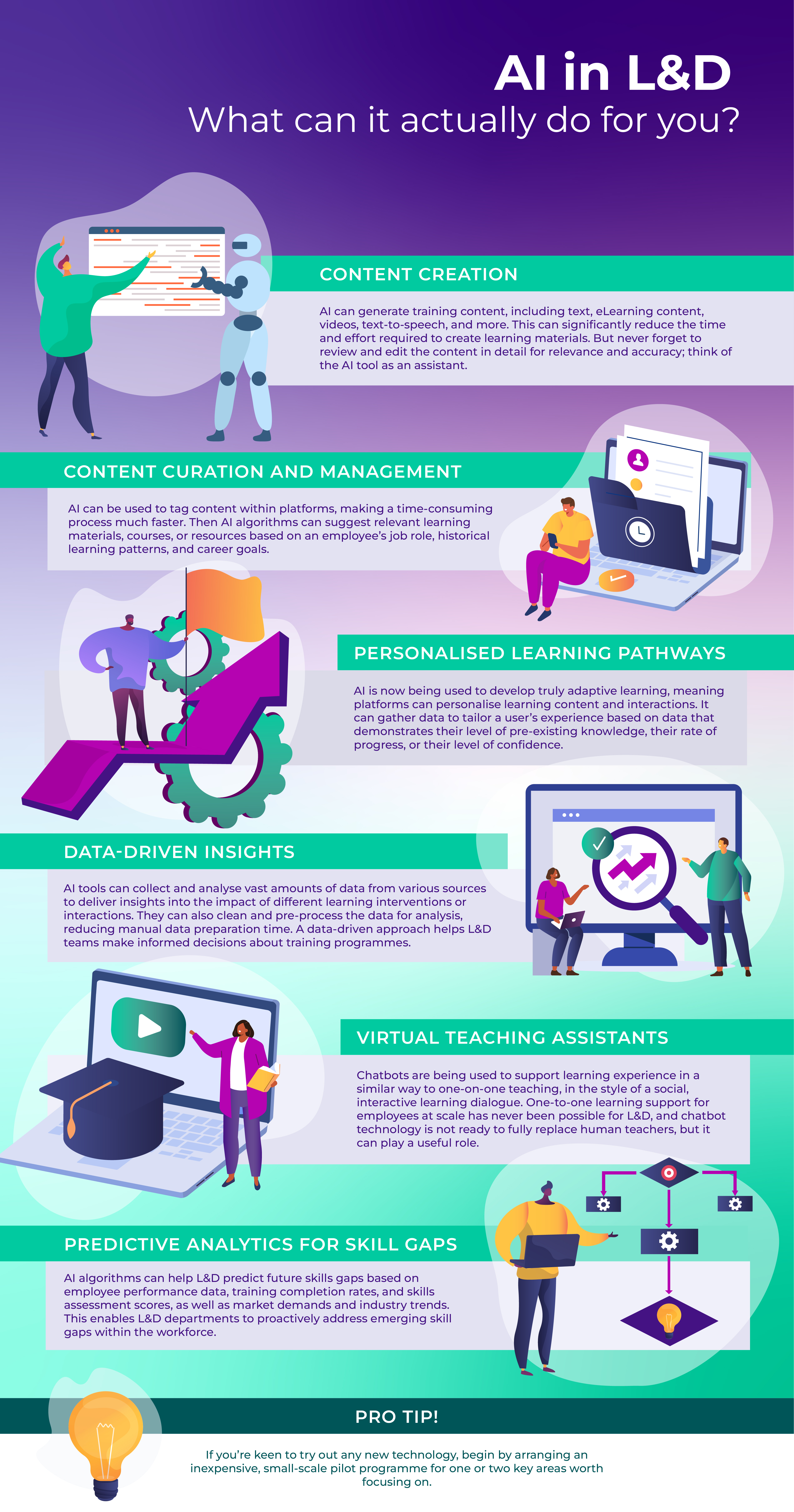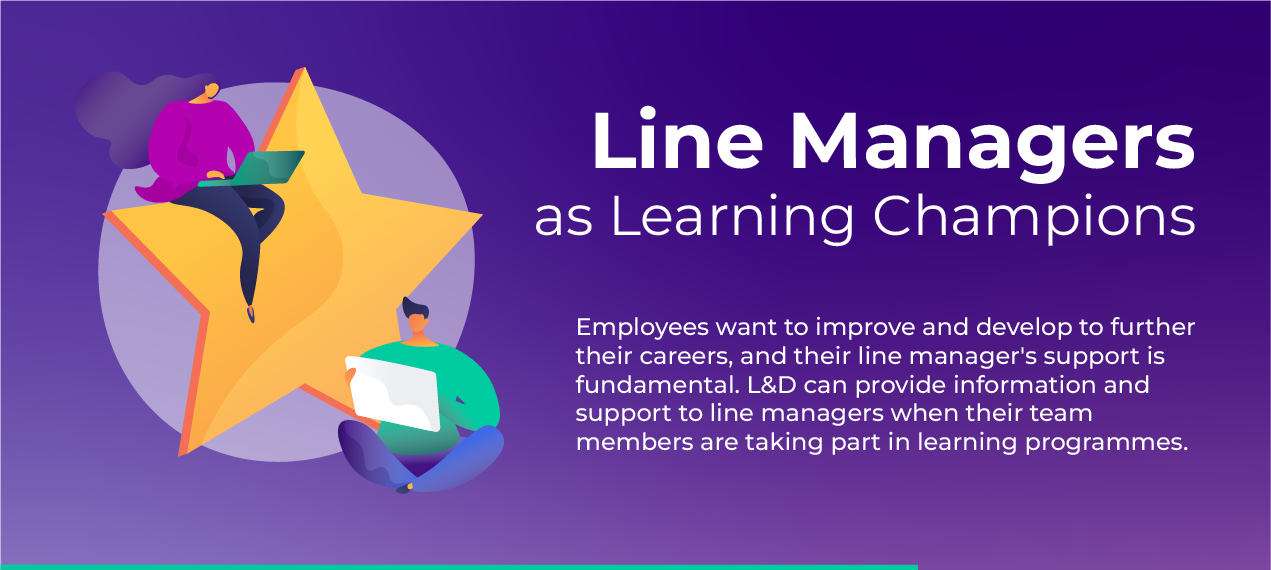Earlier this year, Gartner predicted that worldwide IT spending will rise to $3.7 trillion - the highest increase in more than a decade. When you think about digital transformation, though, which areas of your business come to mind?
For most people, a digital transformation strategy is about technology – using it to support the development of new products and services. This is partly right, but it is not the full story.
Digital transformation is more than one story
Deloittes 2018 Global Human Capital Trends places a big emphasis on the development of new skills and abilities to support the new responsibilities of business. The ‘Rise of the Social Enterprise’ means that organisations are now considered global citizens, and they need to make an impact at many different levels of society. This includes the economic, the environmental and the social (not least, the wellbeing of their workforce).
Leaders of organisations are so influential now, with new digital technologies and a global economy at their fingertips. That they are now being called to fill the vacuum of political leadership. That is a lot of responsibility!
There is no point in building a business around new technology if we don’t put equal emphasis on developing human skills to exploit these new opportunities. After all, technology can’t do everything – yet!
From learning and development to lifelong learning
The responsibility for this shift in learning falls to HR and training and development teams. But what exactly is this shift and how can we support L&D to do it well?
Careers in the 21st century are changing rapidly. We are way beyond a job for life; we are even way beyond the traditional notion of career. Careers are not as orderly as they once were: career breaks, career pivots, and jumping around industries are now commonplace. Careers are being viewed as individual development experiences, with each experience offering the chance to acquire new skills and new perspectives.
This is a challenge for L&D to both solve and make the most of. Organisations are battling it out to acquire the best talent. If careers are lasting longer, then that opens all sorts of opportunities for finding and supporting different types of talent.
The big surprise - L&D has a chance to re-invent learning
Many organisation's transformation strategy includes changes in how they support their staff in day-to-day learning and across their careers within the organisation. Most are leveraging new technologies and new ways of thinking about learning, wherever it is practical to do so. Read more about the L&D modernisation agenda.
For example, Shell and BMO are making use of virtual reality (VR) and augmented reality (AR). BMO uses an augmented reality layer on top of their physical workplace, providing on-demand access to learning experiences through gamification. This is all about encouraging engagement and exploration.
While not all organsiations will have the need or budget for AR and VR solutions, most need a shift that puts learning firmly back into employee’s hands. Career meanders aside, employees want to do it for themselves!
The good news is that for companies that can foster a growth mindset, (use stretch assignments, and openly discuss mistakes to support learning) are three times more profitable. They also have up to four times better retention than companies which don’t.
Media-rich repositories which promote self-directed learning are becoming the new type of digital learning solution that companies are opting for. Employees want easily searchable content, to consume it quickly – and in a format they choose, regardless of location or device. This is the type of user experience they have been used to on their smart phones outside the workplace. Now expect the same or similar in the workplace.
Open the LMS - expand organisational learning
L&D need to play a major role in helping the organisation to identify those new skills and abilities required to support the digital transformation. But first we need to understand how learning has completely transformed within our organisations. Learning has moved from being reactive to being enabling. It's less about closing a skill gap or solving a performance problem than becoming a strategic enabler for the business. Learning in all its guises needs to be considered by the L&D team, as well as by the wider business. Most organisations refer to this type of model to describe their typical organisational learning needs.
Our view of the future of L&D can be seen in this diagram. L&D now have the potential to make the impact they always wanted to. Learning in an organisation is more than just an important step - it is the most important thing you'll get right as an organisation. Read what CEOs really want from L&D.
The bottom line - your L&D teams need to build services that the
rest of the business can consume with ease and impact.

Business leaders need to unite in digital transformation
There is a massive culture change going on. A three-wheeled story: technology and tools, products and services, but you also need the people change.
- Global HR, Orange Business Services
Digital transformation is more than a single story for an organisation. It is about products and services, customer touch points and data-driven decisions. You need a digital strategy support by employee engagement, and above all, it is about better organisational learning.
It will take more than just the L&D team to make this shift. Learning and development do have a big role to play in the success of any digital transformation. Just ask the head of HR for Orange.
If you would like to know how you can be more successful in your role and make a bigger impact in your organisation - read our corporate guide to digital learning.
Links in this article:
https://www.gartner.com/newsroom/id/3845563
https://www2.deloitte.com/uk/en/pages/human-capital/articles/introduction-human-capital-trends.html
http://blog.logicearth.com/training-development-skills
http://blog.logicearth.com/learning-and-development-the-modernisation-agenda
http://blog.logicearth.com/gamification-for-talent-development
http://blog.logicearth.com/how-to-motivate-employees-using-competitive-learning
https://logicearth.com/what-is-self-directed-learning
http://blog.logicearth.com/designing-for-mobile-learning
http://blog.logicearth.com/how-to-develop-a-skills-gap-analysis
http://blog.logicearth.com/what-ceos-really-want-from-ld
https://logicearth.com/elearning-learning-management-system










Was this article helpful?